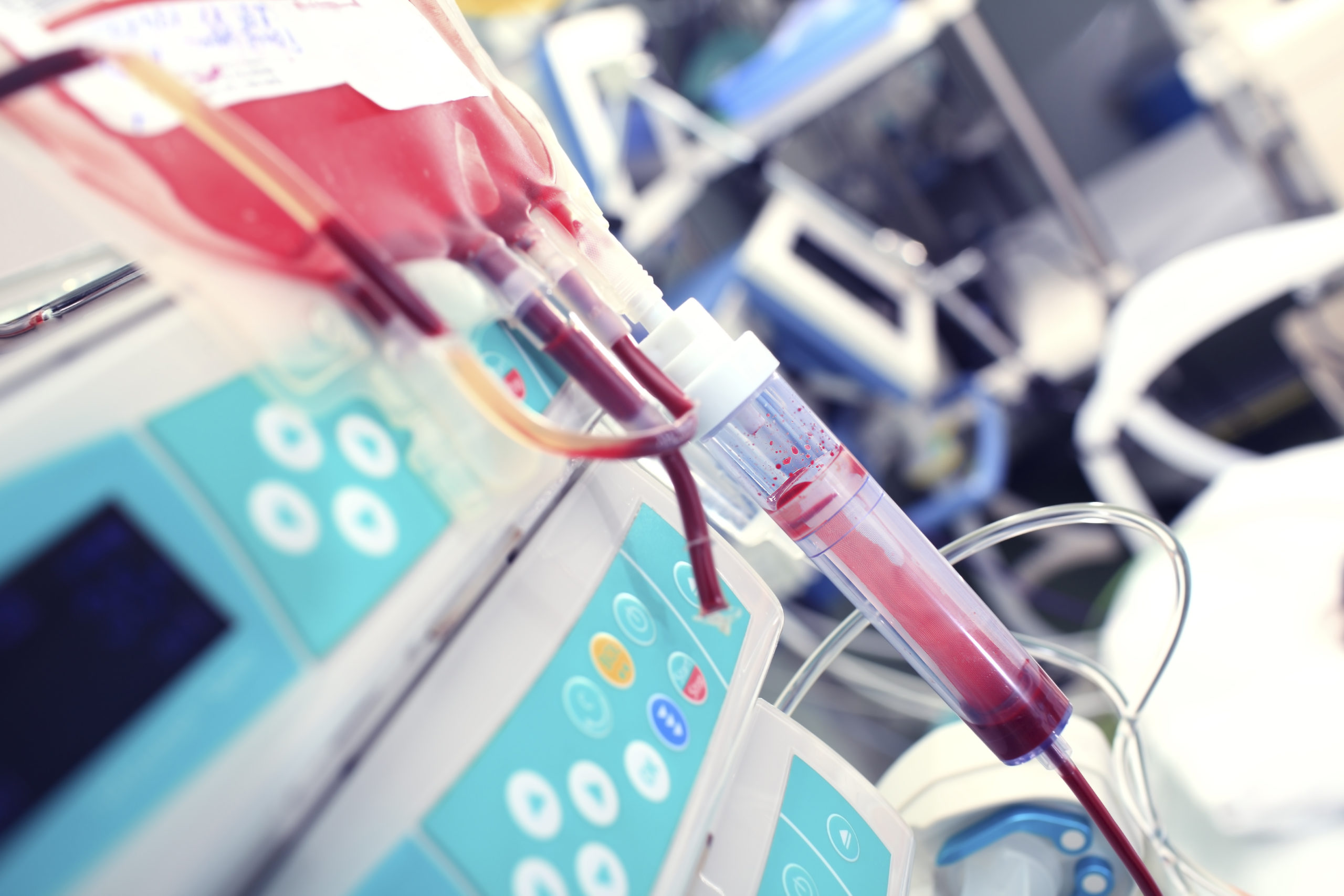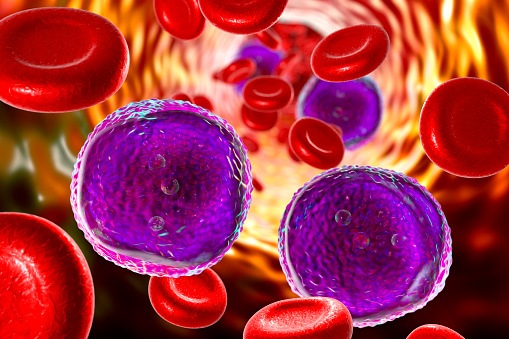
Researchers from a study presented at the 2022 American Society of Clinical Oncology Annual Meeting identified clinicopathologic characteristics and optimal treatment options for de novo myeloid sarcoma (MS).
This single-site retrospective study, led by Justin J. Kuhlman and colleagues, consisted of 83 de novo MS patients who received care at Mayo Clinic, FL, between 1996 and 2021. The investigators used Kaplan-Meier and Cox-proportional hazard models to assess survival outcomes.
The results showed that 59% of patients presented with synchronous MS, while 41% demonstrated isolated MS. The median age of MS diagnosis was 56 years of age, with a majority being male patients (63%). Next-generation sequencing of the blood +/- bone marrow displayed abnormalities which included mutations in RTK-RAS pathways (12/27), NPM1 (10/27), TET2 (6/27), and IDH2 (4/27).
The researchers noted that median overall survival (mOS) in isolated and synchronous MS was 2.1 years and 1.5 years, respectively. Variables linked to improved survival included intensive chemotherapy (IC) +/- allogenic stem cell transplant (alloSCT), gastrointestinal, gynecological, or genitourinary site of involvement (P<.001), and being younger than age 60. Moreover, the investigators noted that patients with synchronous MS were more likely to experience relapse than patients with isolated MS.
“Enriched with RTK-RAS mutations, de novo MS remains an aggressive form of AML, particularly in patients with intermediate- or high-risk genomics or those with skin, soft tissue, or lymphatic involvement,” the researchers concluded.






 © 2025 Mashup Media, LLC, a Formedics Property. All Rights Reserved.
© 2025 Mashup Media, LLC, a Formedics Property. All Rights Reserved.